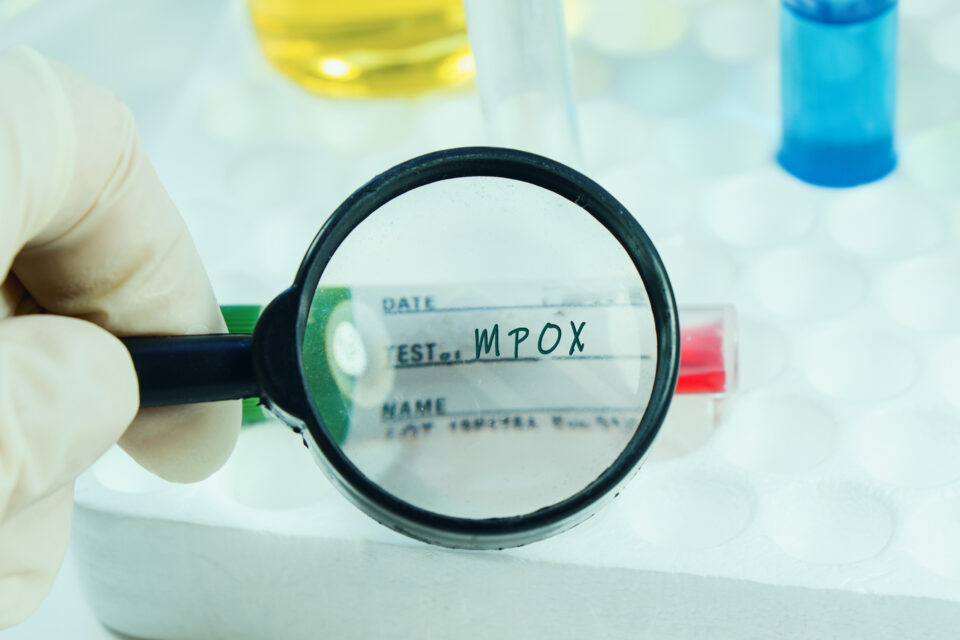Mpox Vaccine

Mpox is a rare disease caused by infection with the mpox virus, which is part of the same family of viruses as variola virus – the virus that causes smallpox. Symptoms are similar to smallpox, but typically milder, and mpox is rarely fatal.
For questions about the mpox vaccine, please call 260-449-7504.
Frequently asked questions
Symptoms of mpox can include fever, chills, swollen lymph nodes, exhaustion, muscle aches, headache, respiratory symptoms (sore throat, nasal congestion, cough) and rash. The rash may be located on or near the genitals or anus and could be on other areas like the hands, feet, chest, face or mouth. The rash can initially look like pimples or blisters but will go through several different stages before healing. The rash can be painful and itchy.
Symptoms usually start within three weeks of exposure to the virus.
Mpox is spread from person-to-person with direct contact to the rash, scabs or body fluids or prolonged face-to-face contact with respiratory secretions (within 6 feet for more than three hours). Pregnant women can spread mpox to their fetus through the placenta.
Items that touched the rash or body fluids, such as clothing or linens, can also spread the virus.
People without symptoms cannot spread the virus. A person is infectious from the time symptoms first appear until the rash is completely healed.
Anyone can contract the mpox virus. Those at higher risk include – but are not limited to – people who had contact with someone with a mpox-like rash or someone with a probable or confirmed case of the virus; had skin-to-skin contact with someone in a social network where mpox activity has occurred or is occurring; traveled outside the U.S. to a country with confirmed cases; and had contact with a dead or live animal or exotic pet that exists only in Africa or used a product derived from those animals such as meat, creams, lotions, powders, etc.
Preventive measures include avoiding close, skin-to-skin contact with people with a rash that looks like mpox; avoiding contact with objects and materials a person with mpox might have handled; and washing your hands often.
You should contact your primary care provider if you feel you might have mpox. If you do not have a primary care provider, you can contact the Allen County Department of Health at 260.449.7556 for assistance.